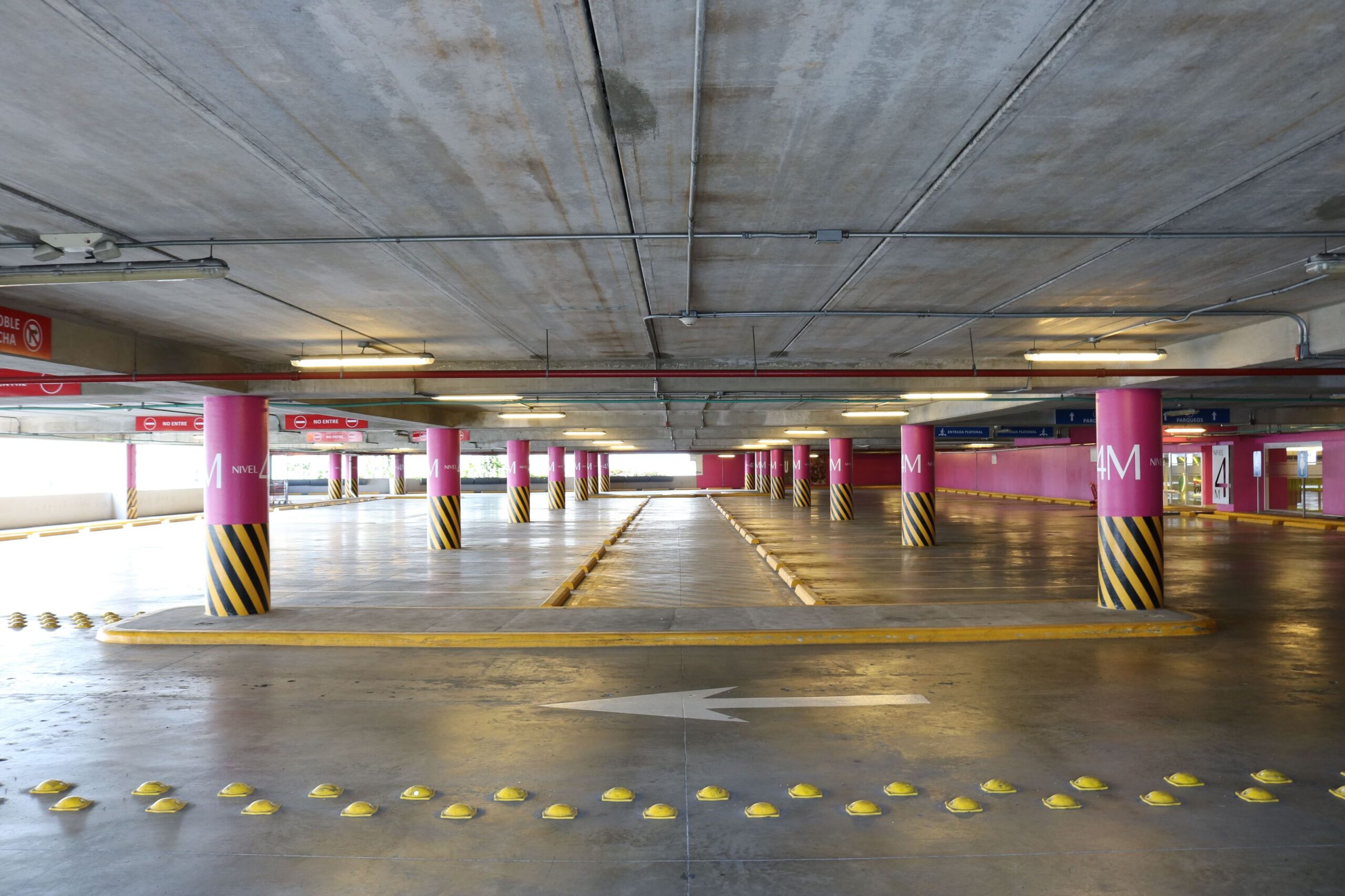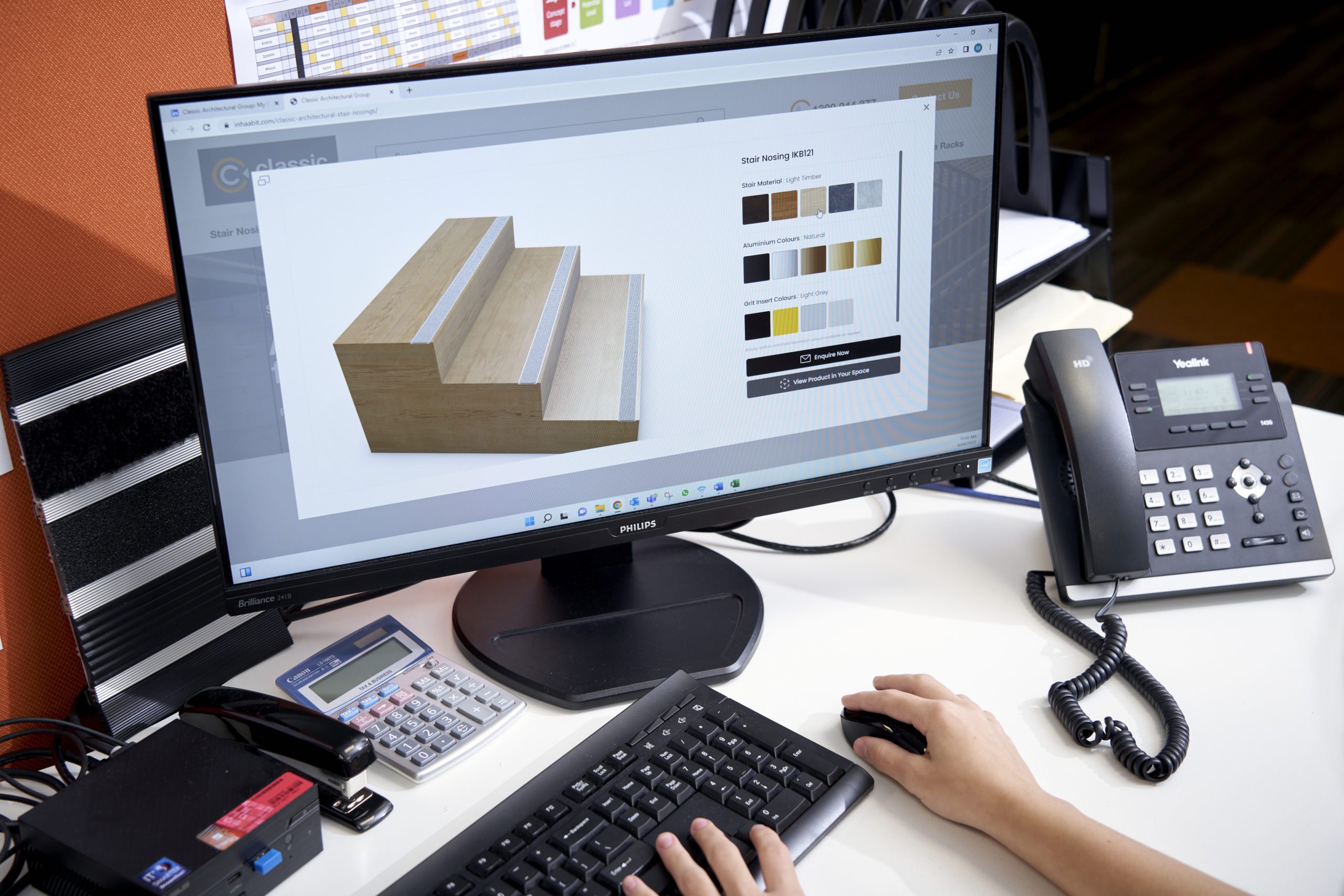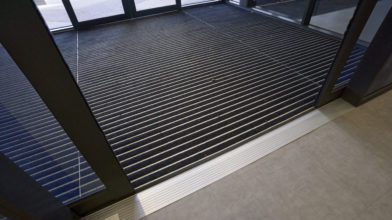Supporting drivers and pedestrians to exist harmoniously in a dynamic environment
With Australia’s growing population, it’s natural to see the rise of cars and congestion on the roads. To improve accessibility, we’ve also seen a significant increase in both the size and number of car parking areas surrounding office buildings, shopping centres, stadiums, and other public facilities.
While car parks are low-speed environments, they often cater to multiple directions of pedestrian and vehicle travel. Pedestrians are weaving their way to and from their cars while drivers are focused on finding a spot or getting out of the car park, requiring all users to be extra vigilant of their surroundings.
To ensure everyone’s safety, the design of car parks and shared spaces requires impeccable attention to detail. Complementing thoughtful design processes, installing high-quality car park safety products can enhance pedestrian access, minimise vehicular damage and lower the risk of accidents. Stringent maintenance protocols are also necessary to eliminate any risk factors, such as poor lighting or spills, that may lead to pedestrians injuring themselves.
We’ve outlined some of the most important car park safety considerations below. To discuss your project’s specific requirements, please get in touch with our friendly team for a detailed consultation.
What are car park safety regulations in Australia?
When designing and building an off-street car park, there are multiple guidelines and regulations to adhere to including AS2890 car parking requirements, AS1158 and other relevant Australian Standards. Aside from functional and safety requirements, you’ll want to have a clear understanding of any work safety obligations that may be relevant to the operation or access of a workplace car park.
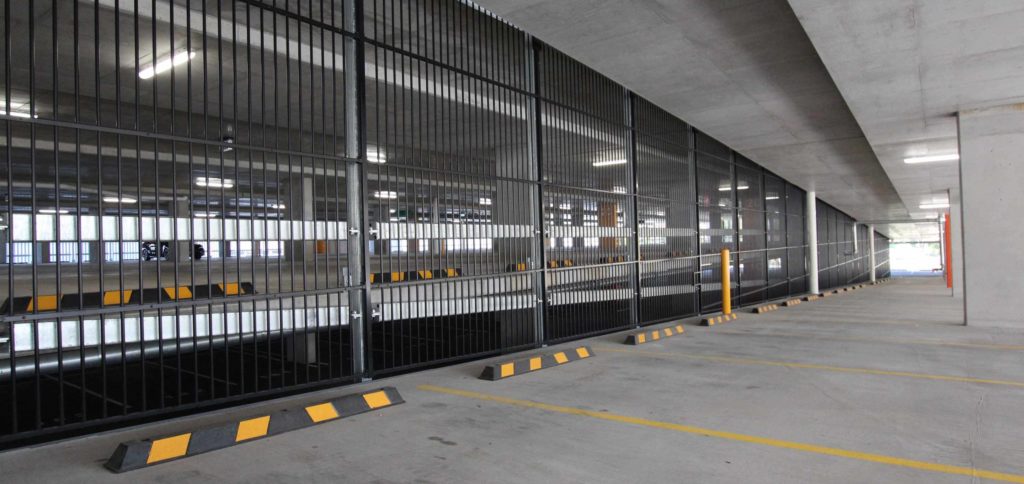
As a general overview, here are some design guidelines to ensure the safety of your car park:
- Provide clear and safe pedestrian paths between car parking areas and onsite facilities
- Minimise potential visual obstructions in parking areas for both vehicles and pedestrians
- Maximise passive surveillance of parking areas
- Ensure optimal lighting throughout the car parking and pedestrian areas for day and night safety
You will also need to ensure that the car park is fully accessible for people with special needs or disabilities, in compliance with the Disability Discriminations Act (DDA).
Common hazards in a car park
With pedestrians and vehicles constantly entering, moving around and exiting the car park, common safety hazards should be identified and controlled to minimise accidents and collisions.
Common car park safety barriers include:
- Multiple directions of travel
- Narrow spaces
- Tight turns
- Steep or twisting ramps
- Obstructed vision
- Potholes
- Poor signage
- Low-lighting conditions
- Traffic congestion
- Runaway trolleys
- Poor maintenance such as oil leaks, pooled water, rubbish, and debris that is unattended to
- Environmental risks such as weather conditions
Car park designers are obliged to ensure that all hazards are considered while owners must ensure the areas are well-maintained.
Improving driver awareness while keeping pedestrians safe, investing in car park safety solutions can help to enhance your pedestrian safety, streamline traffic flow, and reduce the incidence of accidents occurring.
Car park safety checklist for your workplace:
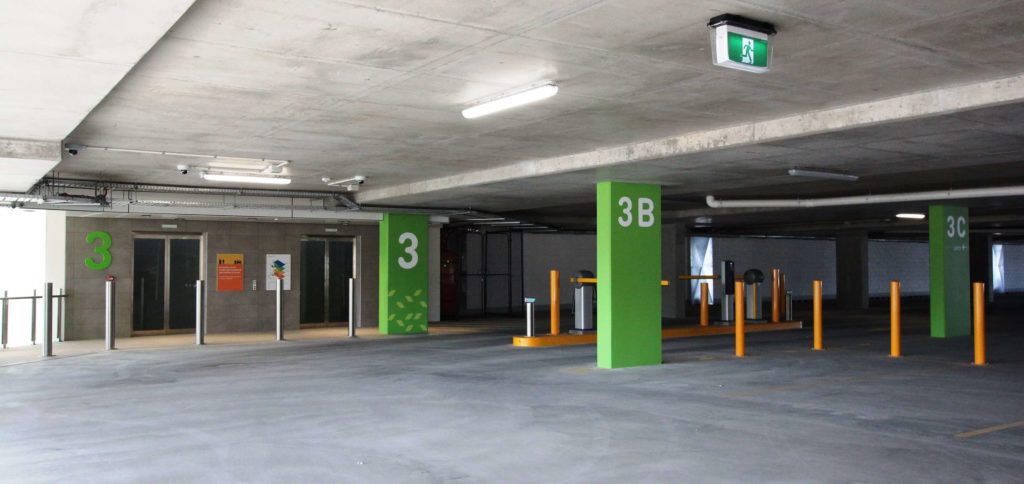
Here is a simple checklist covering the most important aspects of car park safety:
Signage and visibility:
- Car park signage is critical for safety. Ensure signs are visible and easy to understand. Common signs include speed limits, disabled parking, stop signs, traffic rules, pedestrian crossings, exits, no parking zones, and more. Other than the basics, they can be custom-made to suit the layout of your space.
- Install signs indicating a maximum speed limit (e.g., 10km/h) in the car park
- Clearly mark walkways and install physical barriers such as parking bollards to separate pedestrians from vehicles
Lighting:
- Ensure proper lighting for night-time visibility in pedestrian and vehicle areas.
- Safety mirrors are essential for providing adequate visibility of oncoming traffic and potential hazards
Traffic flow and speed control:
- Ensure that traffic flow and direction are clearly defined with directional arrows to prevent confusion.
- Installing speed humps to prevent excessive speeding.
- Add bollards to protect pedestrian zones from vehicles and traffic flow.
- Avoid sharp turns that could reduce visibility for drivers. Install corner guards to protect both vehicles and property.
- Add height bars. They will prevent oversized vehicles from entering areas of restricted height.
Surface condition:
- Ensuring pathways, entries and exits are slip-resistant under wet and dry conditions
- Upholding a diligent maintenance schedule to ensure the removal of all hazards
- Installing CCTV to monitor activities in and around the car park
- Installing wheel stops to alert drivers that they’ve reached the end of their space
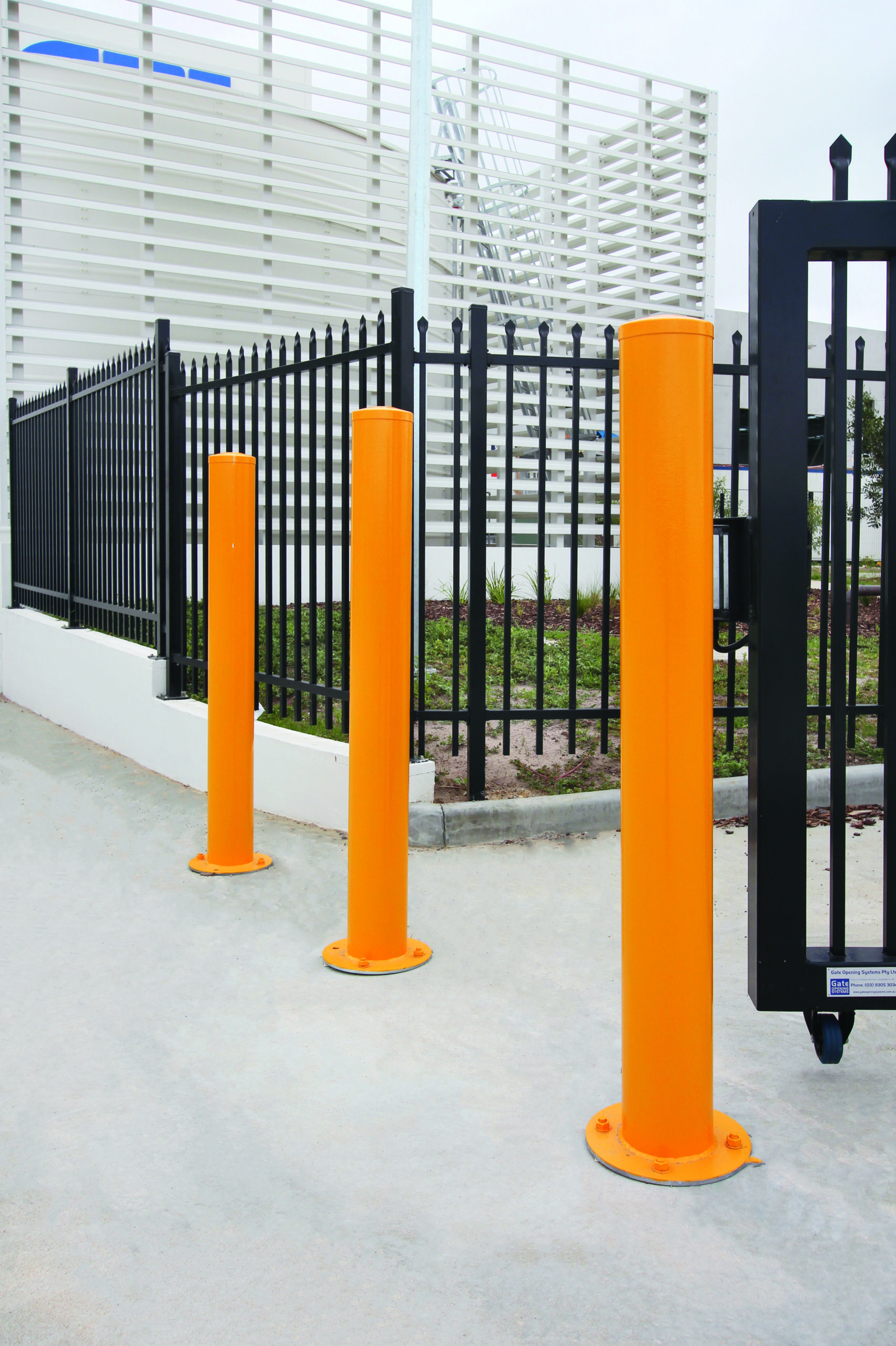
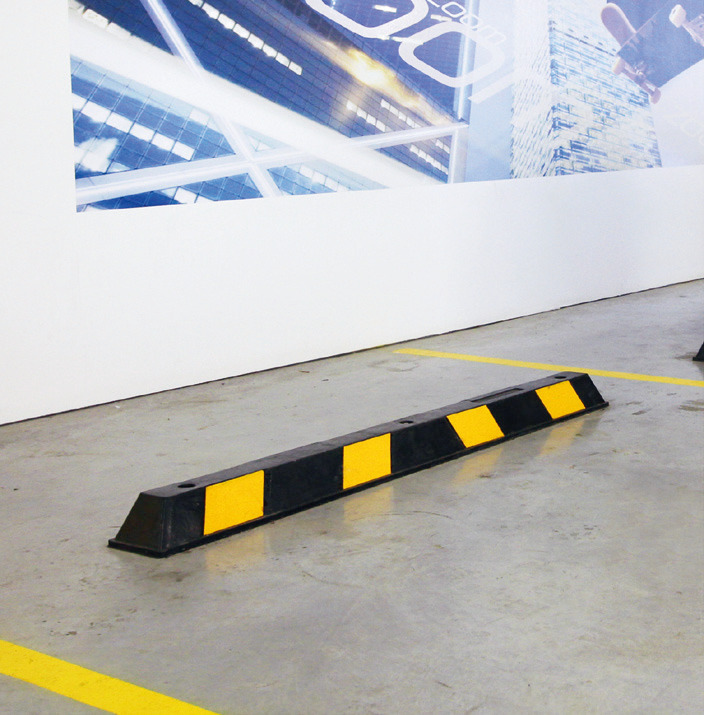
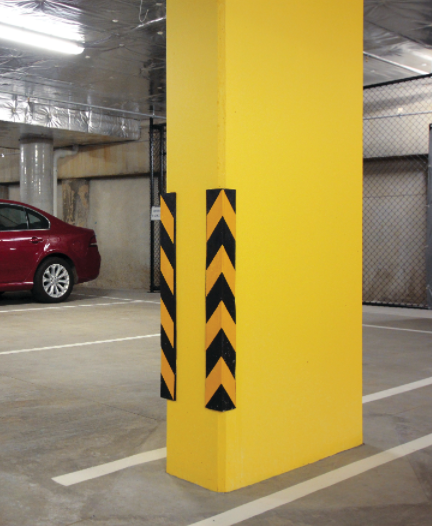
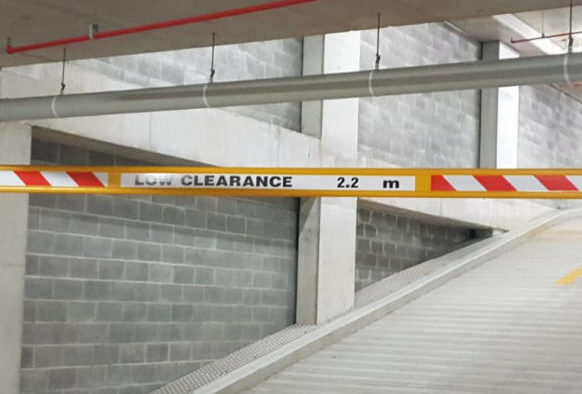
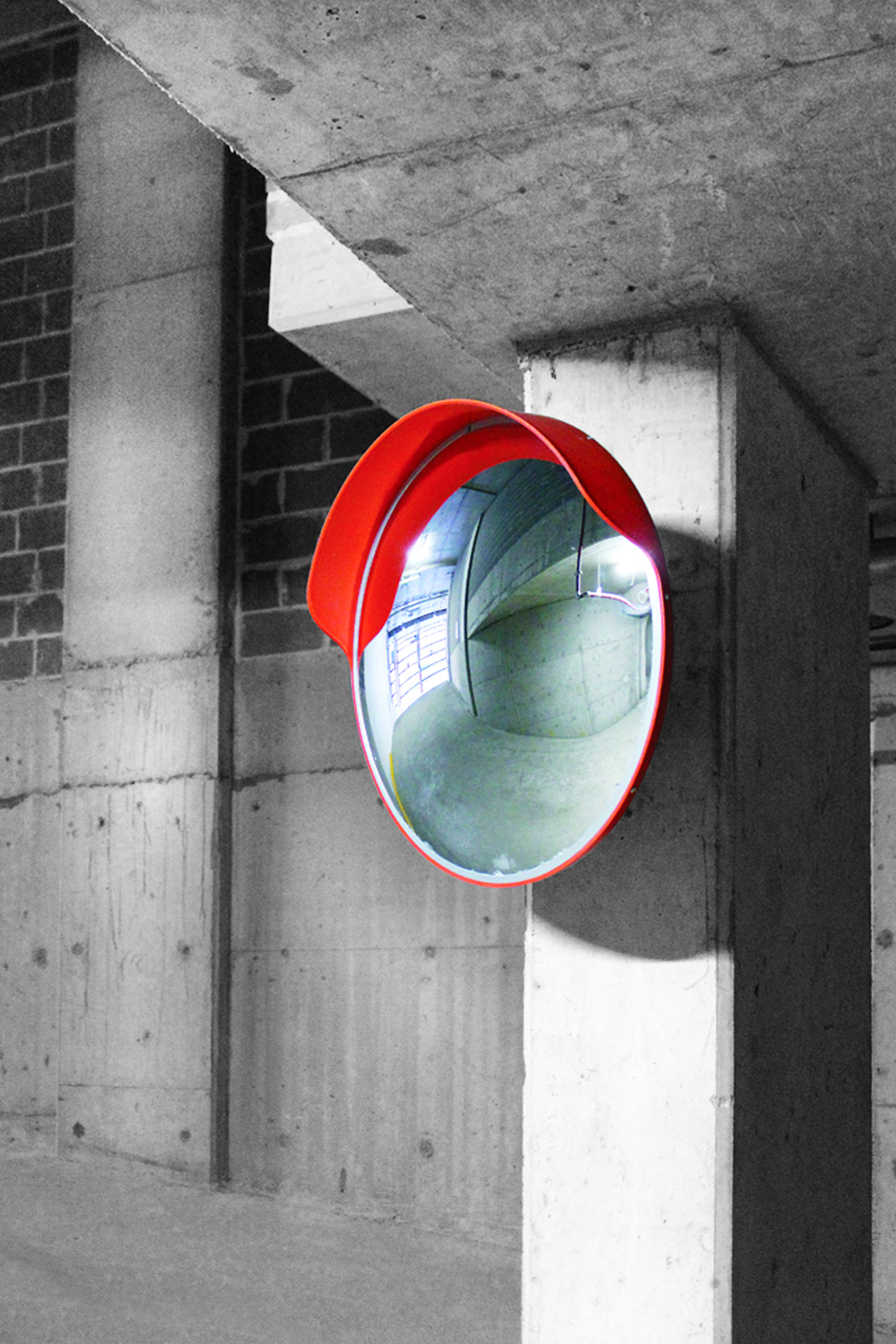
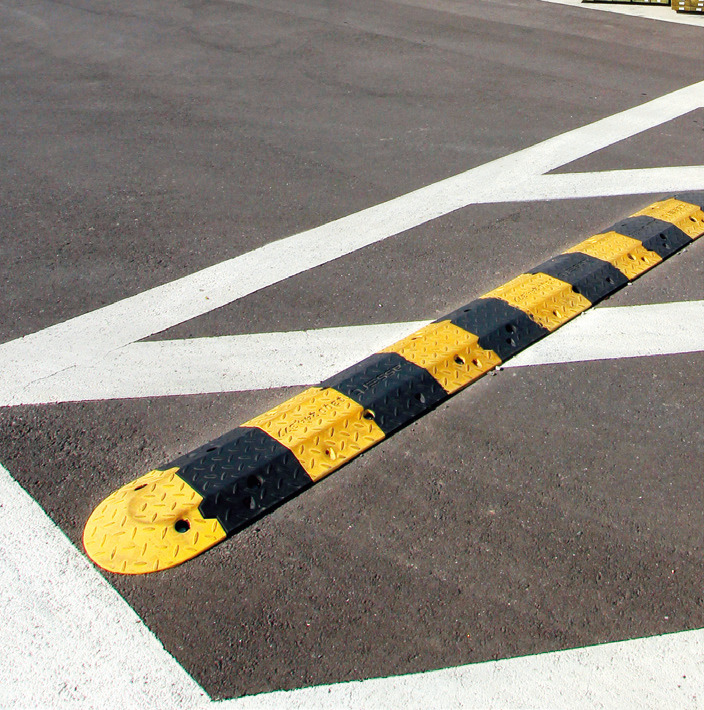
You can view our entire car park safety range. Our team can assess your space and help you remove any car park safety barriers.
Classic is your go-to for complete car park safety solutions, from design to installation
With over 41 years of experience, we keep pace with modern building design and techniques to develop architecturally designed public access and safety solutions. Supporting you from consultation and design right through to supply and installation, you can trust our team to get you a step ahead.
To level up your next project, please give us a call on 1300 244 377 or contact us to speak with our team of experts for helpful advice.
